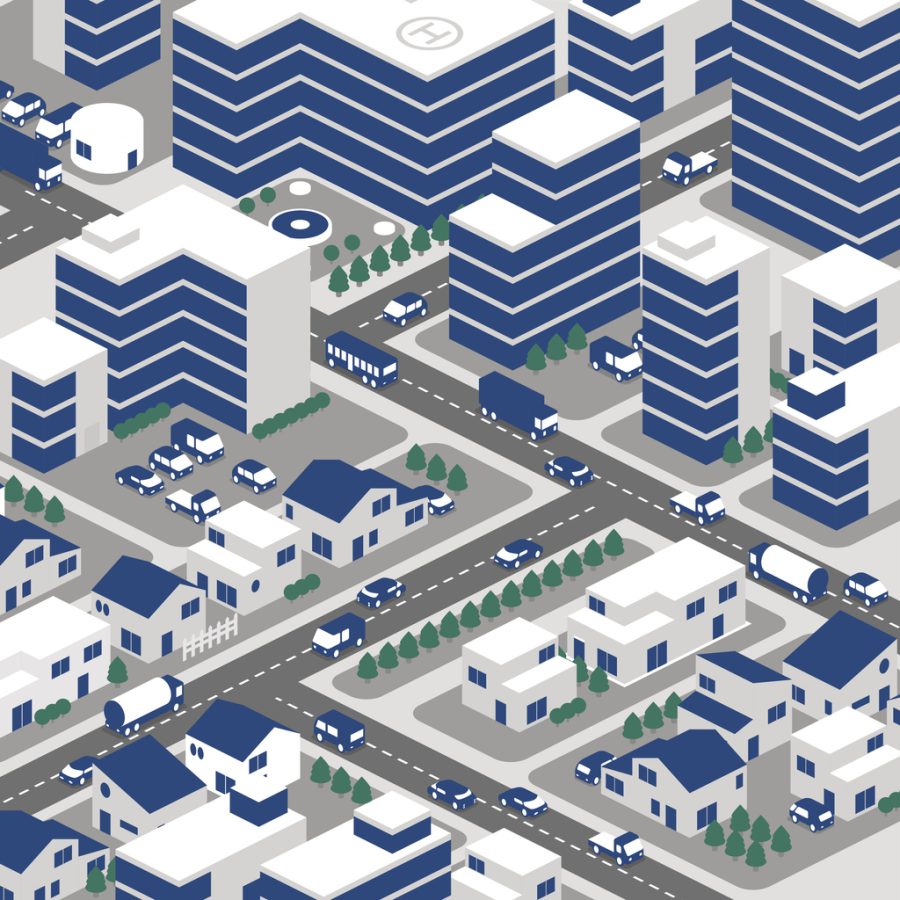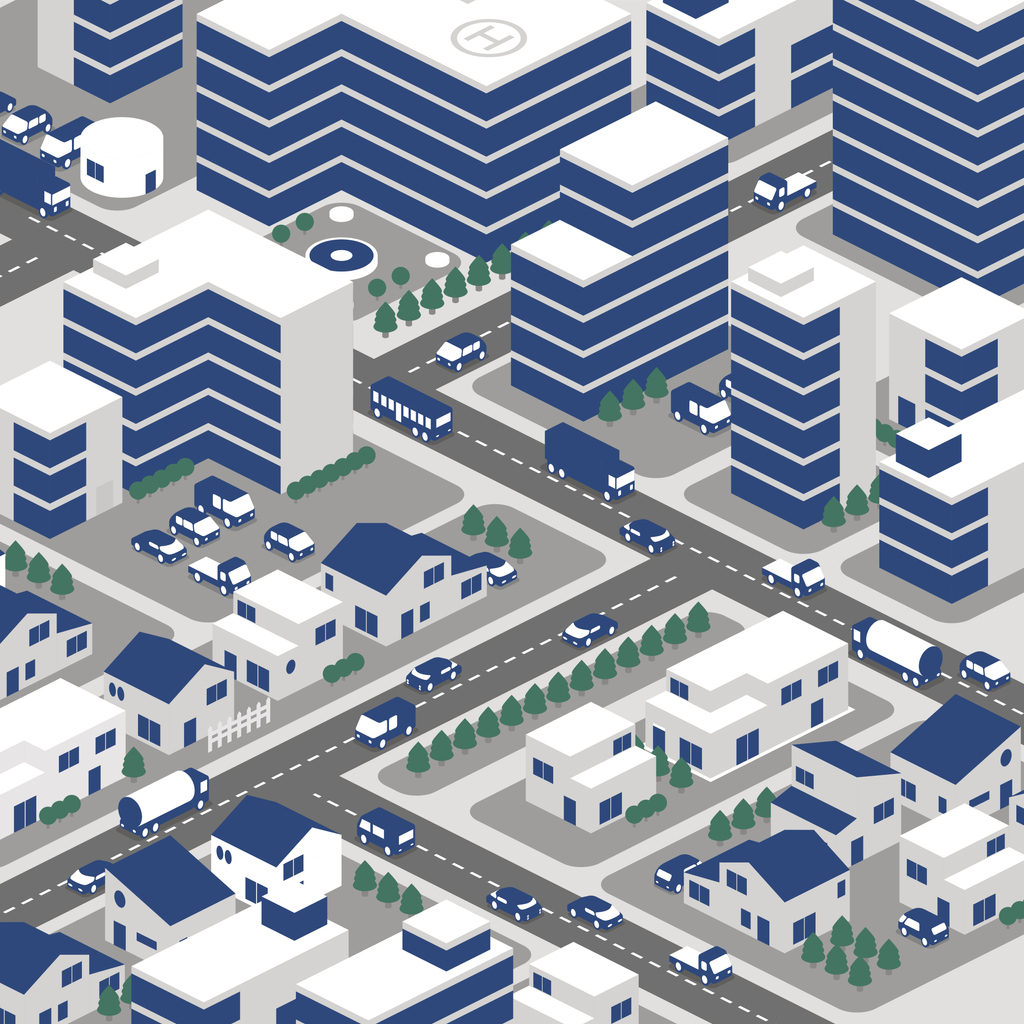Digital Platform for City Logistics


Achieving sustainable and efficient city logistics has become a pertinent issue for many European cities. Freight flows in cities keep growing, which has an important impact on the quality of life of citizens. Bad air quality, high noise levels and deadly accidents caused by heavy trucks are only some of the challenges municipalities are facing nowadays.
At the same time, in the field of city logistics, policy makers have little information available to use for evidence-based decision making. Policy measures are therefore taken based on expertise or intuition, but rarely depend on quantitative data.
To tackle this, Rebel developed a neutral, web-based platform as policy instrument for local authorities. In a second phase, it will also act as an optimization tool for logistics carriers. The Digital Platform for City Logistics gives insights in the current situation of urban freight flows and estimates their impact on important KPI’s such as: modal split, emissions and vehicle kilometres. All this information is visualized in a user-friendly interface. Users can inspect the delivery and distribution profiles, observe a map with socio-economic layers and the urban freight routes.
The platform goes beyond visualising current freight flows. Cities can also use this tool to simulate a selection of policy measures and evaluate their effect on freight routes and KPI’s. In this way, different scenarios can be compared to each other. Cities can also request for specific policy measures to be added to the tool. In this way, we can offer a tailor-made instrument for local authorities.
